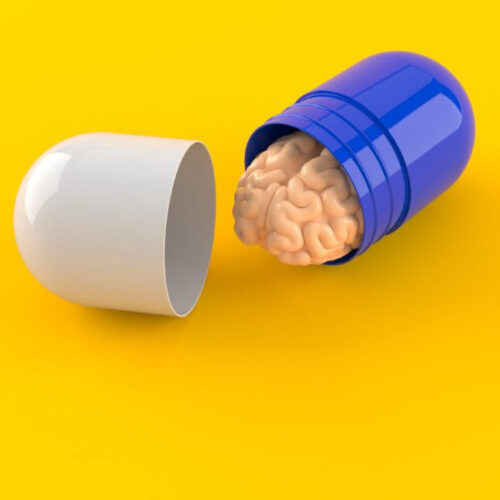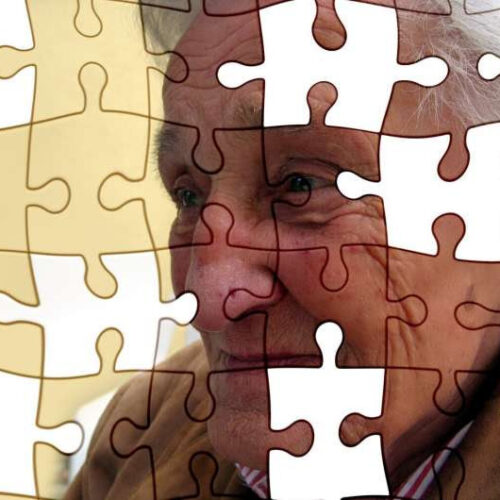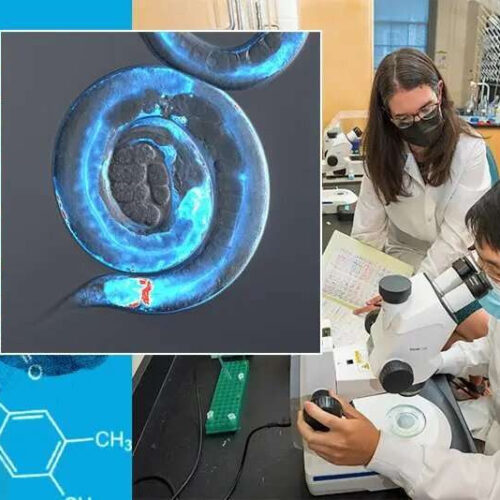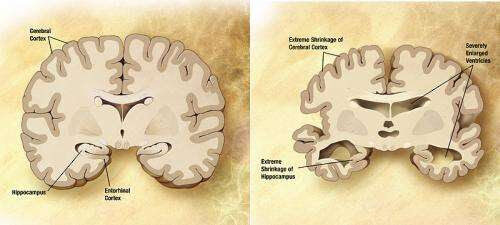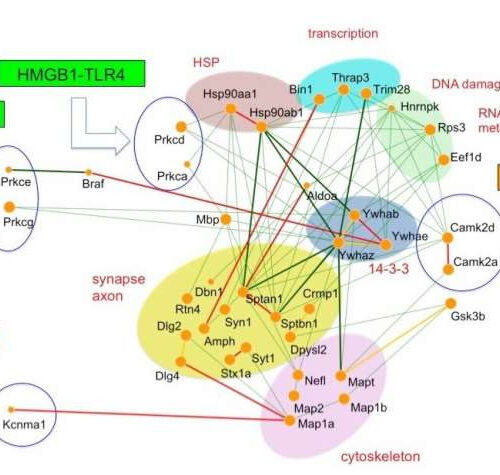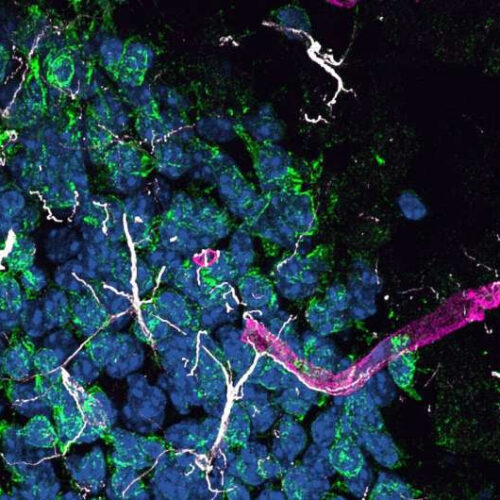By Megan Molteni Oct. 11, 2021 Reprints ADOBE Ageneric drug used widely to treat swelling associated with hypertension and heart failure showed hints in early research that it may also prevent the devastating brain damage of Alzheimer’s disease, a surprising twist that suggests scientists have a lot more to learn about the root cause of the...
Category: <span>Alzheimer’s</span>
Summary of the Leucadia Therapeutics Hypothesis and Evidence on the Cause of Alzheimer’s Disease
The Leucadia Therapeutics staff has been working for a few years now to prove the founder’s hypothesis on the cause of Alzheimer’s disease. In this view, the primary problem is impaired drainage of cerebrospinal fluid. As the drainage path through the cribriform plate is blocked by slow ossification of channels, metabolic waste builds up in...
Natural compound in basil may protect against Alzheimer’s disease pathology
by University of South Florida Credit: Pixabay/CC0 Public Domain Fenchol, a natural compound abundant in some plants including basil, can help protect the brain against Alzheimer’s disease pathology, a preclinical study led by University of South Florida Health (USF Health) researchers suggests. The new study published Oct. 5 in the Frontiers in Aging Neuroscience, discovered a sensing mechanism associated...
New treatments for Alzheimer’s and stroke revealed in several new studies
by American Physiological Society Credit: Pixabay/CC0 Public Domain The results of three new studies indicate there could be new treatments for Alzheimer’s and stroke. One study reveals a possible link between gum disease and Alzheimer’s. Two other studies explore how the substance sovateltide shows promise for treating neurodegenerative disorders. The research data will be presented virtually...
Supporting the invisible, unpaid army of Alzheimer’s caregivers
by Leigh Hopper, University of Southern California Credit: Pixabay/CC0 Public Domain There’s an invisible, unpaid workforce caring for the 6 million Americans currently living with Alzheimer’s disease. The USC Schaeffer Center for Health Policy and Economics estimates that 11 million family caregivers bear this emotional, physical and financial burden, mostly on their own. USC experts say...
Vitamin B12 and Alzheimer’s: Study with worms provides intriguing results
by Tracey Bryant, University of Delaware Professor Jessica Tanis and doctoral student Andy Lam examine tiny worms (C. elegans) under the microscope for signs of Alzheimer’s disease. Credit: University of Delaware Worms don’t wiggle when they have Alzheimer’s disease. Yet something helped worms with the disease hold onto their wiggle in Professor Jessica Tanis’s lab at...
MIND diet linked to better cognitive performance
by Rush University Medical Center Credit: CC0 Public Domain Aging takes a toll on the body and on the mind. For example, the tissue of aging human brains sometimes develops abnormal clumps of proteins that are the hallmark of Alzheimer’s disease. How can you protect your brain from these effects? Researchers at Rush University Medical Center have...
New study identifies likely cause of Alzheimer’s disease
by Curtin University Diagram of the brain of a person with Alzheimer’s Disease. Credit: Wikipedia/public domain. Ground-breaking new Curtin University-led research has discovered a likely cause of Alzheimer’s disease, in a significant finding that offers potential new prevention and treatment opportunities for Australia’s second-leading cause of death. The study, published in the prestigious PLOS Biology journal and tested...
One protein to rule them all: A central target for treating dementia
by Tokyo Medical and Dental University Supercomputer-based dynamic molecular network analysis predicted HMGB1-TLR4 induced signal as the most important target of two major neurodegenerative dementias. The prediction was verified by significant phenotypic and pathological improvements of four types of mouse model of frontotemporal lobar degeneration treated by anti-HMGB1 antibody. Credit: Department of Neuropathology, TMDU Dementia...
Protein from the liver may cause Alzheimer’s disease in the brain
by Public Library of Science Hippocampal dentate gyrus in HSHA mice, showing significant astrocyte activation (GFAP: white) and oxidative stress (8OHdG: green) surrounding the cerebral capillaries (laminin-a4: magenta). Nuclei staining with DAPI (blue). Credit: John Charles Louis Mamo, Lam V et al., 2021, PLOS Biology, CC BY 4.0 (creativecommons.org/licenses/by/4.0/) Amyloid protein made in the liver can cause...

